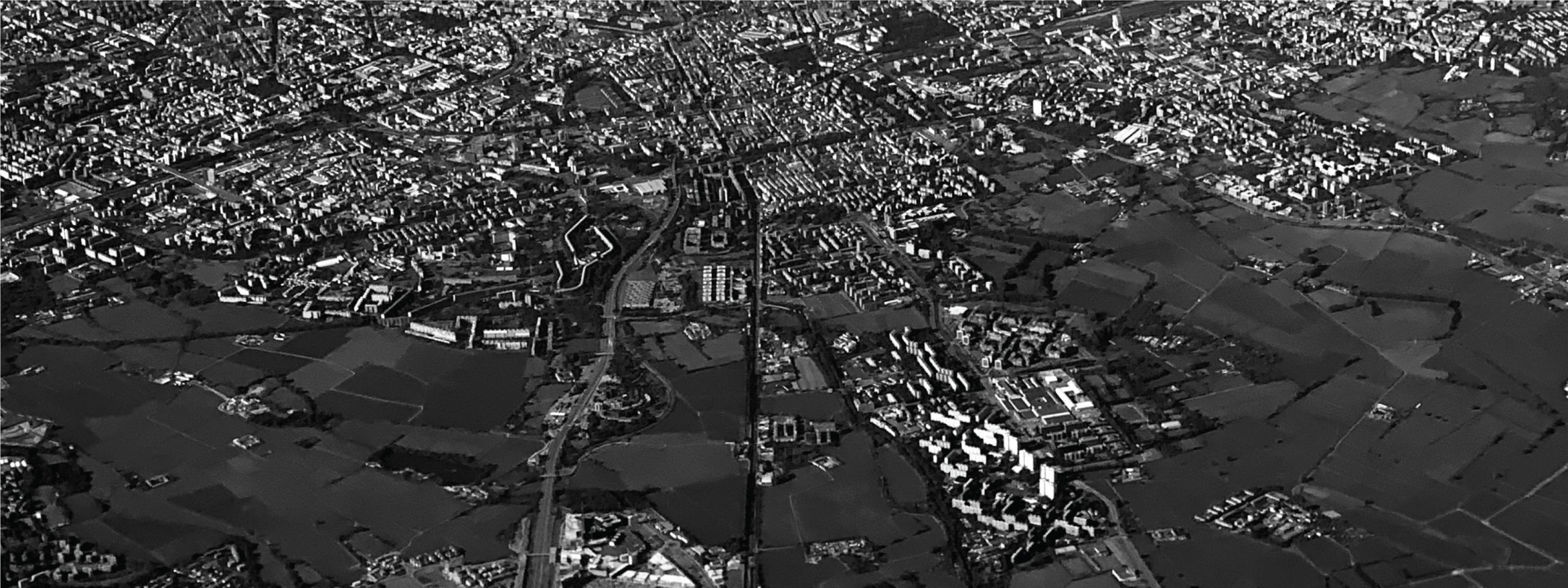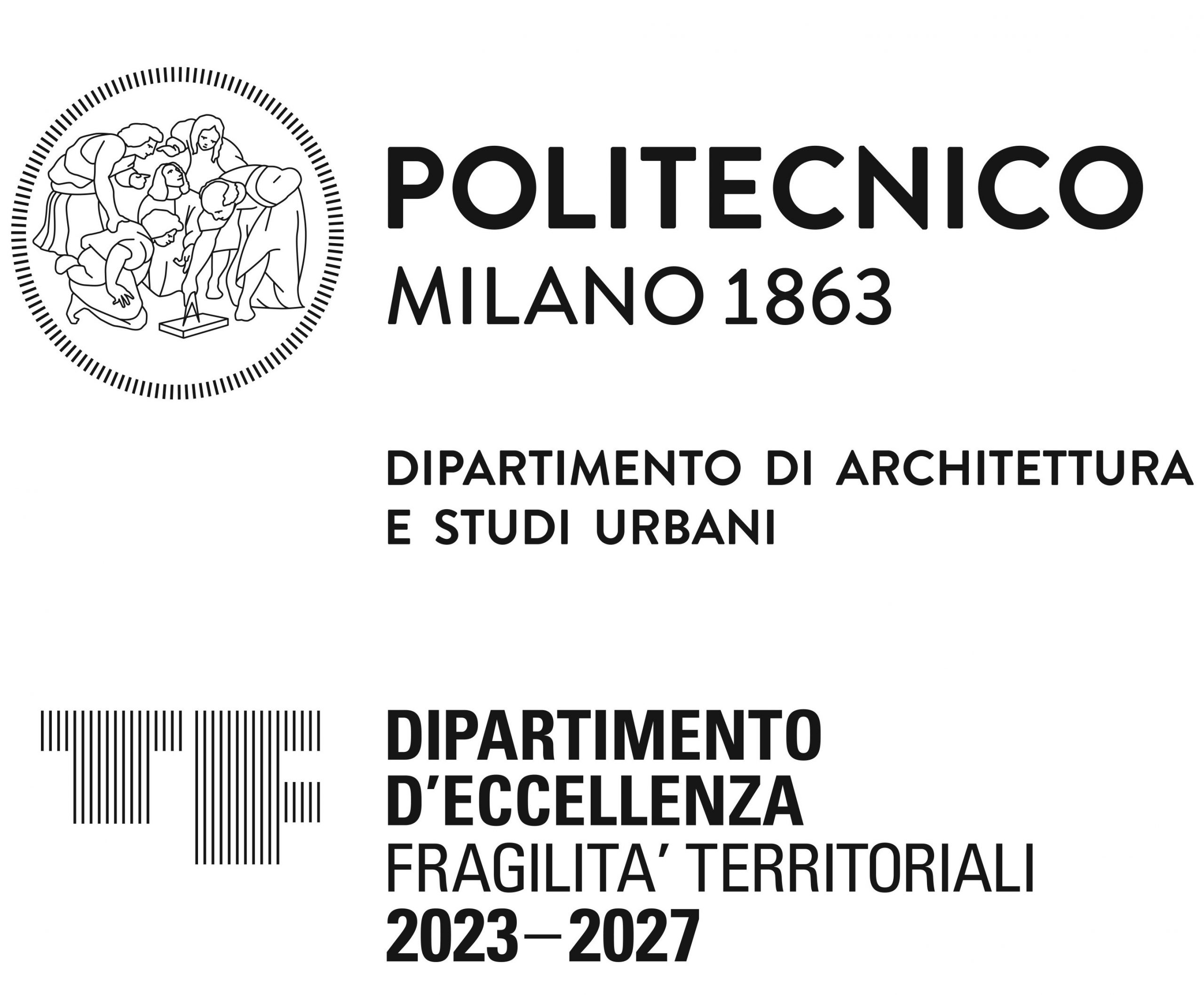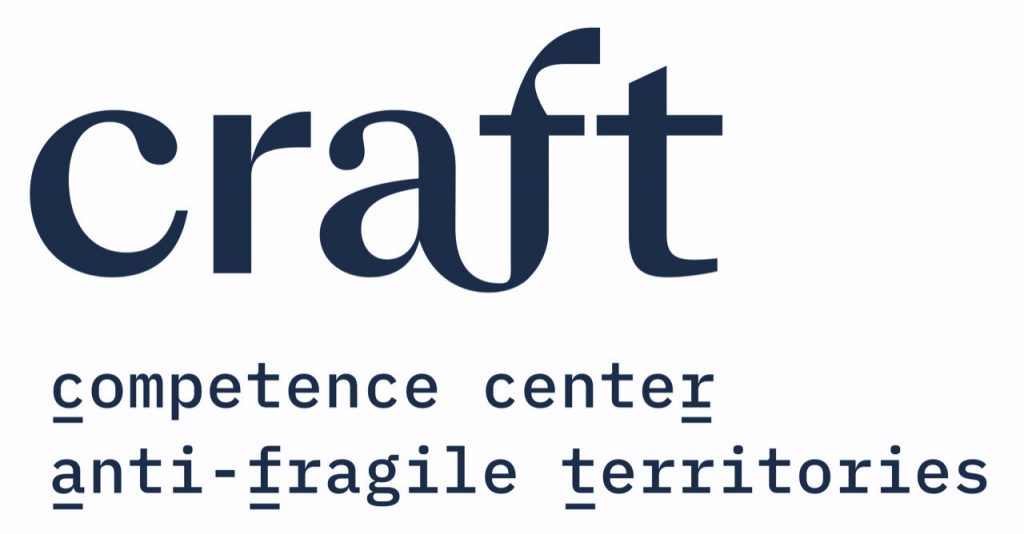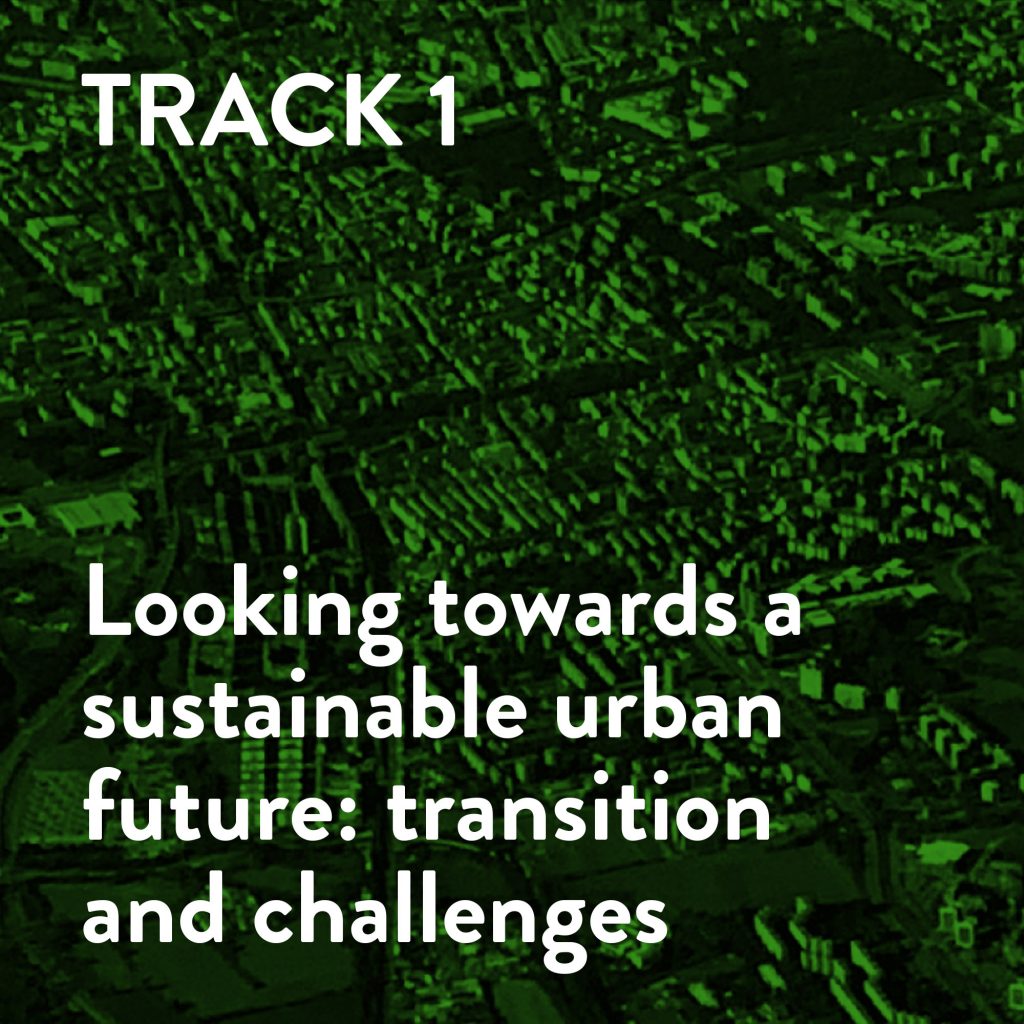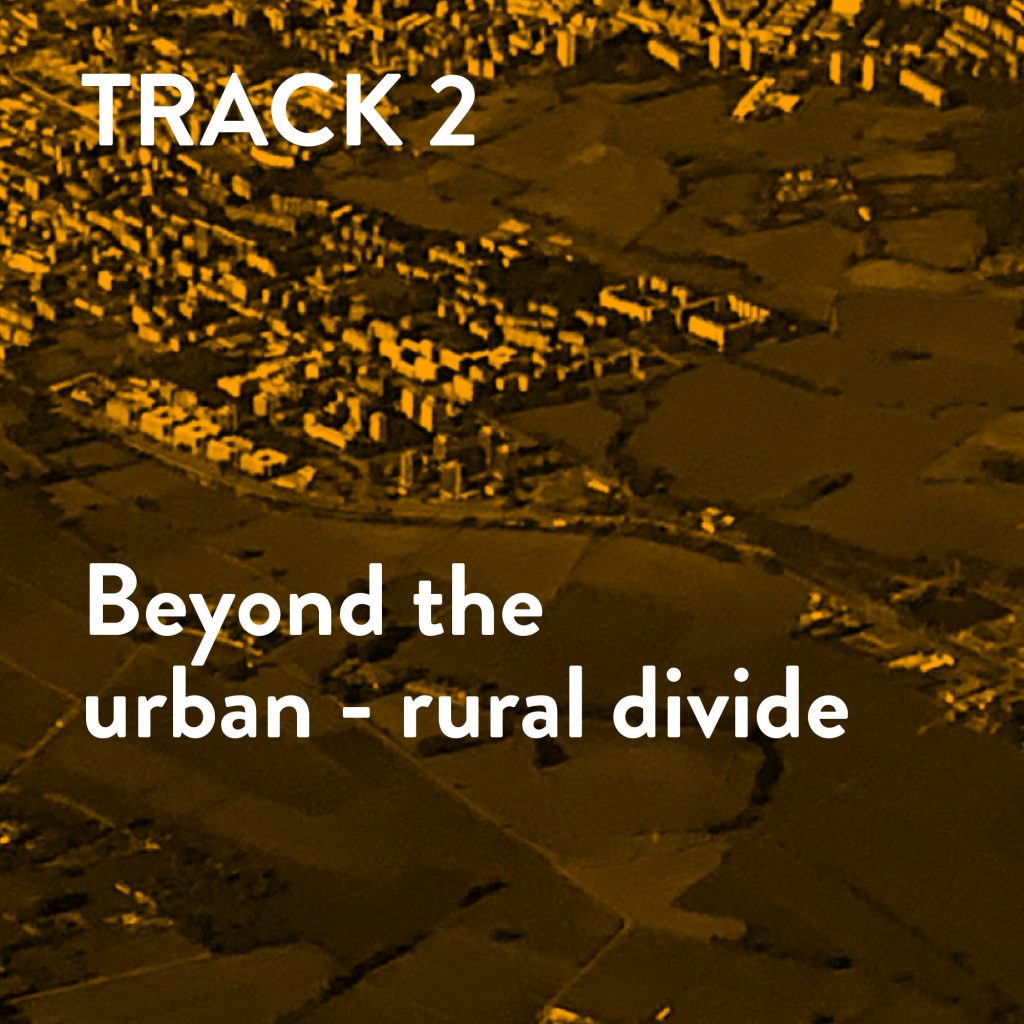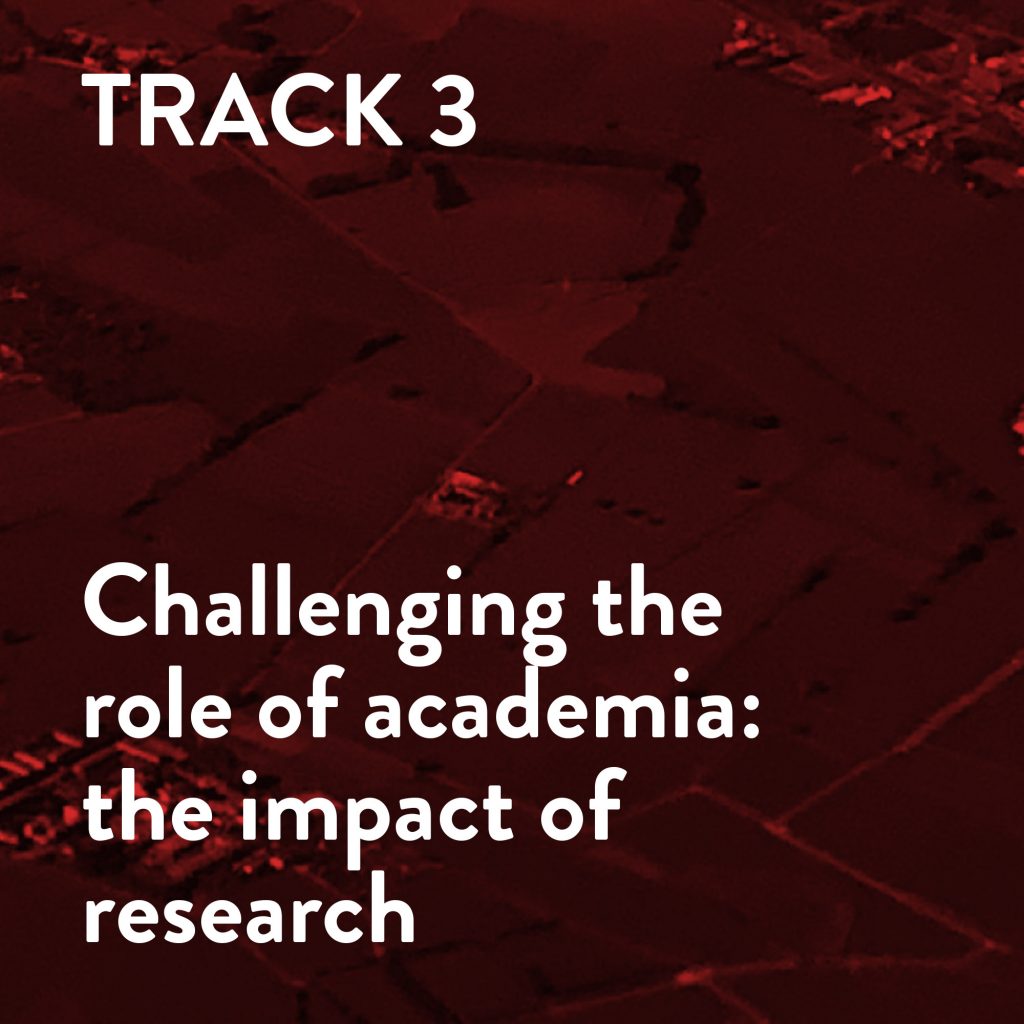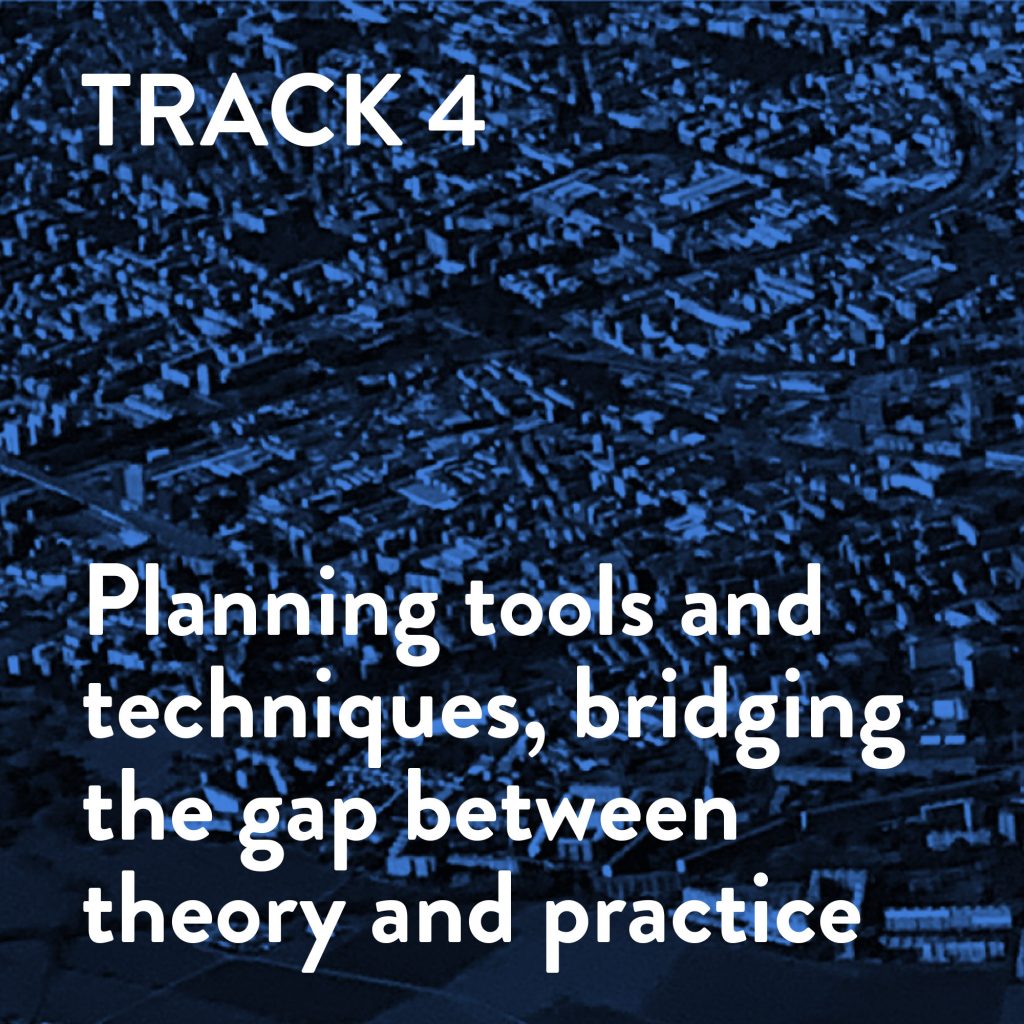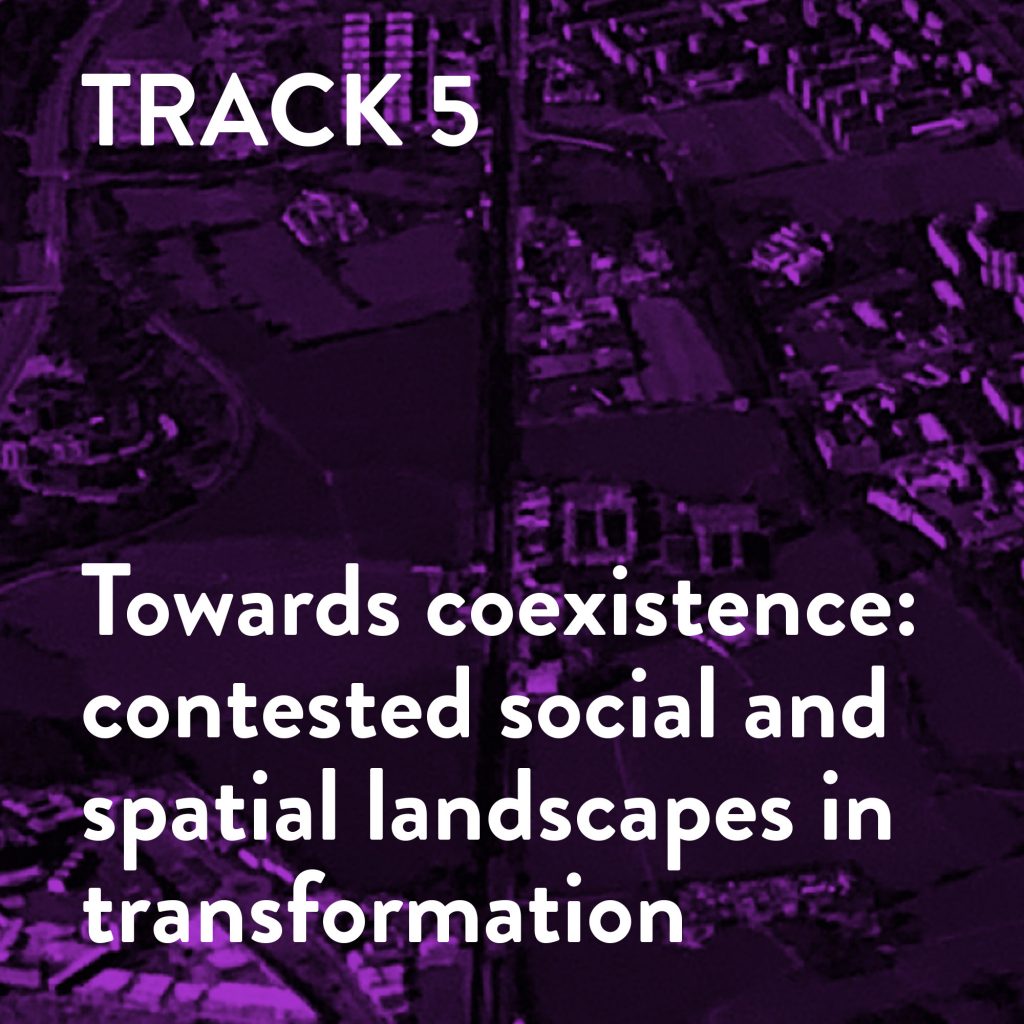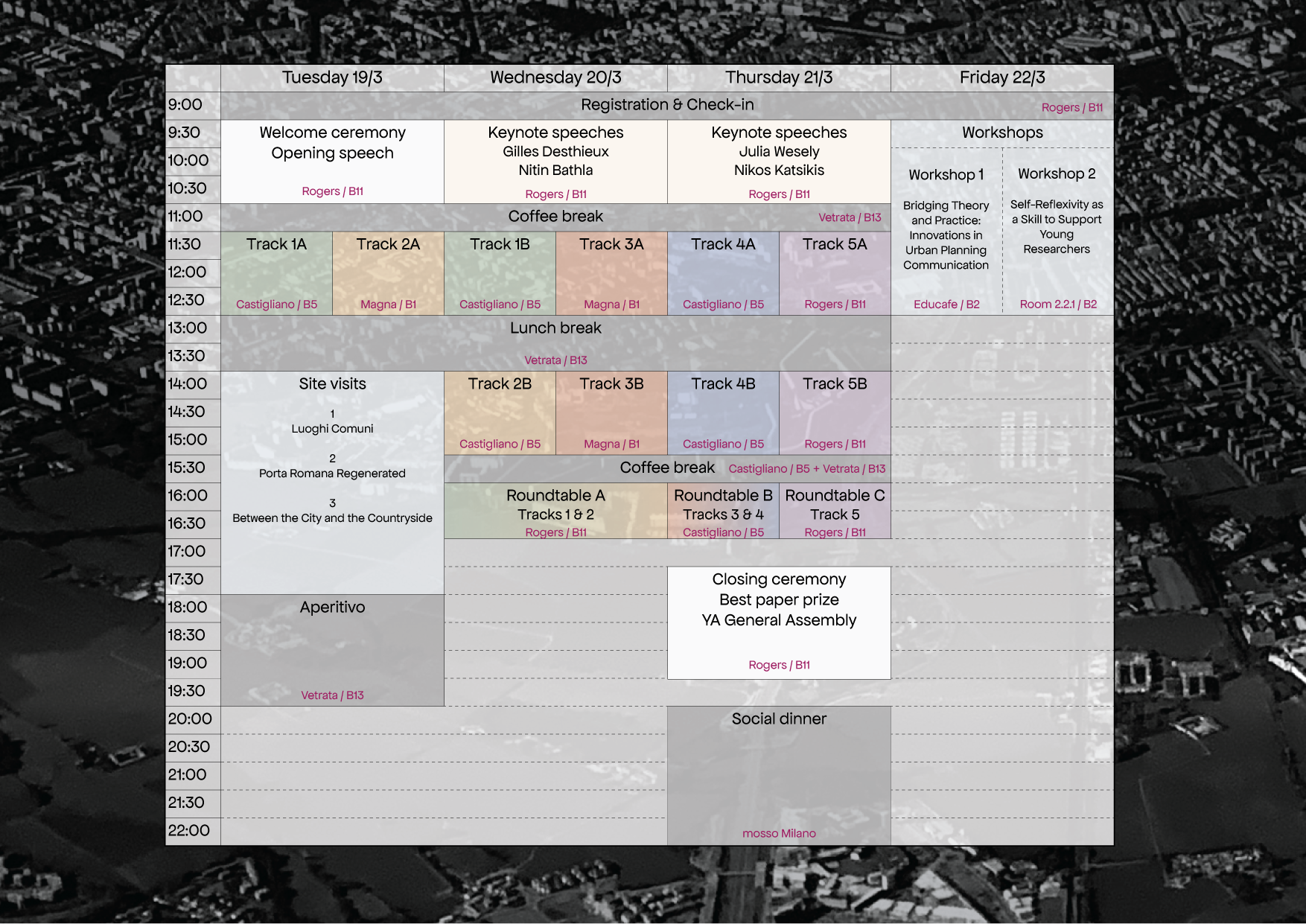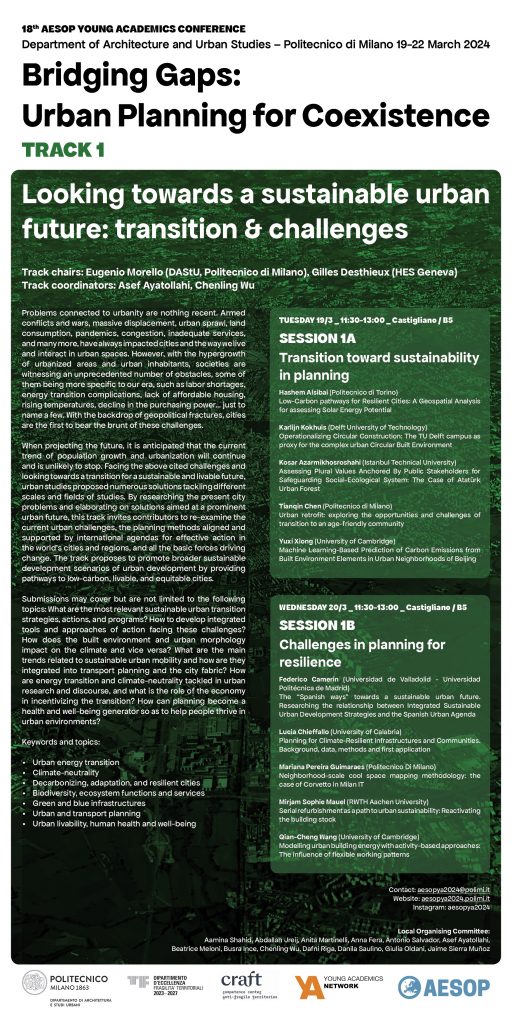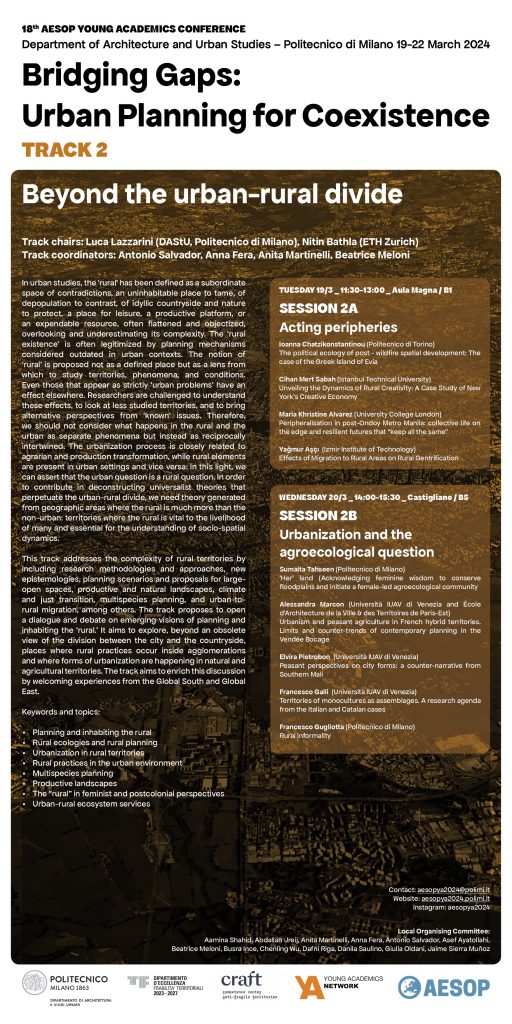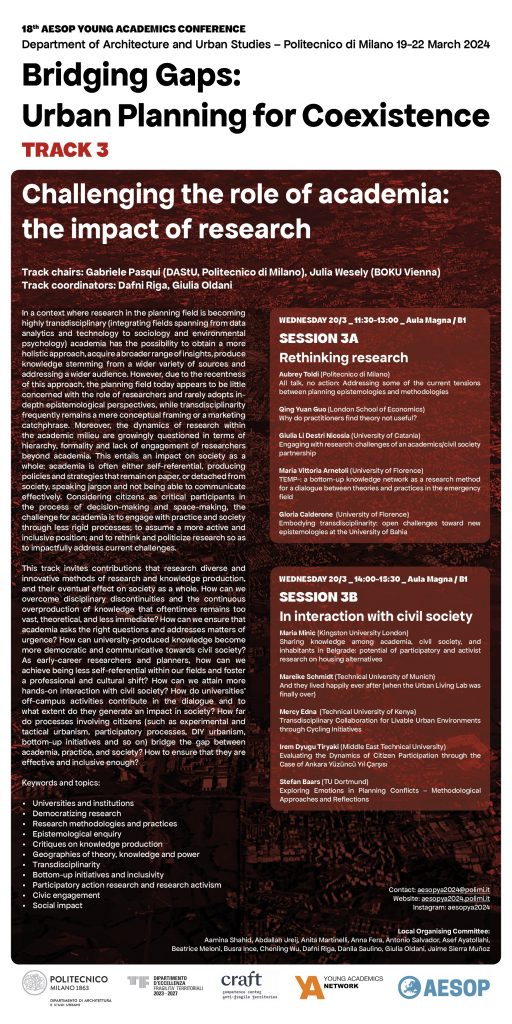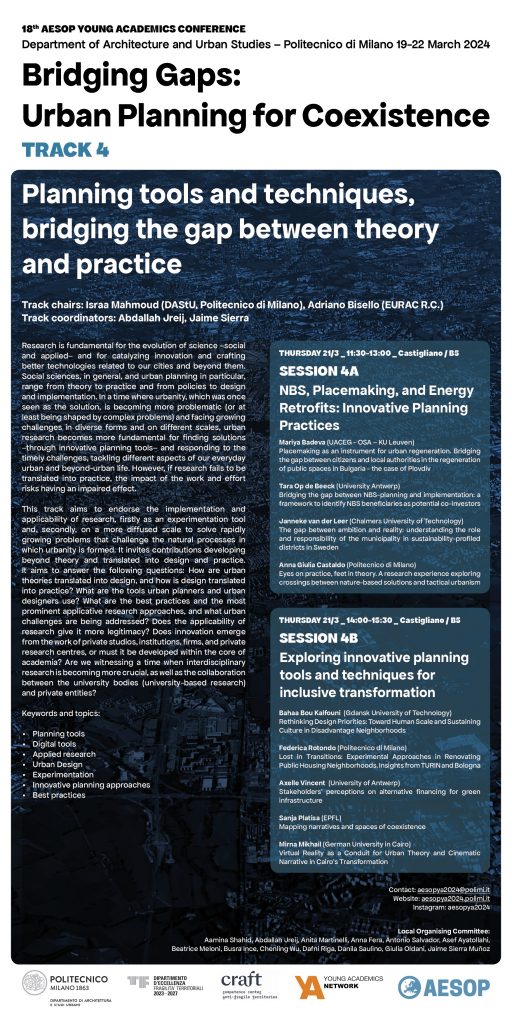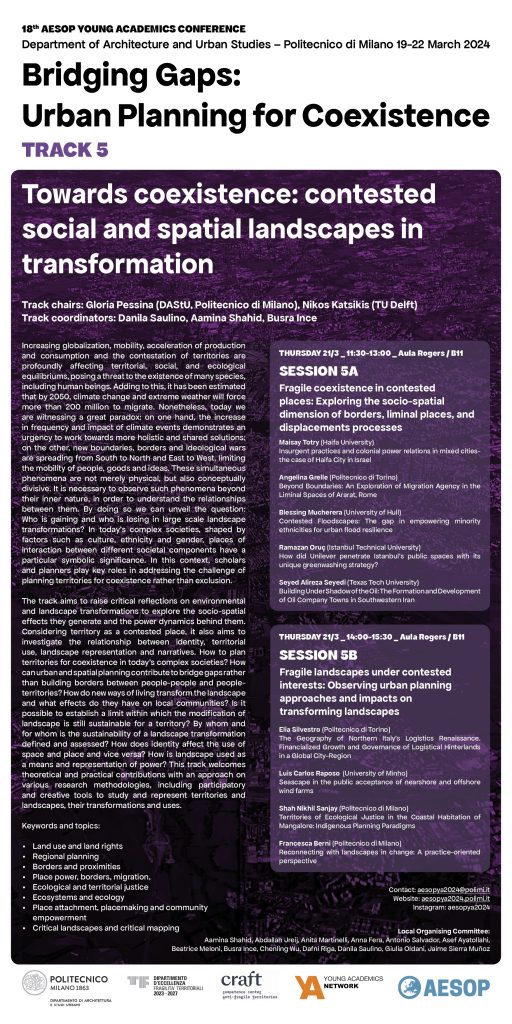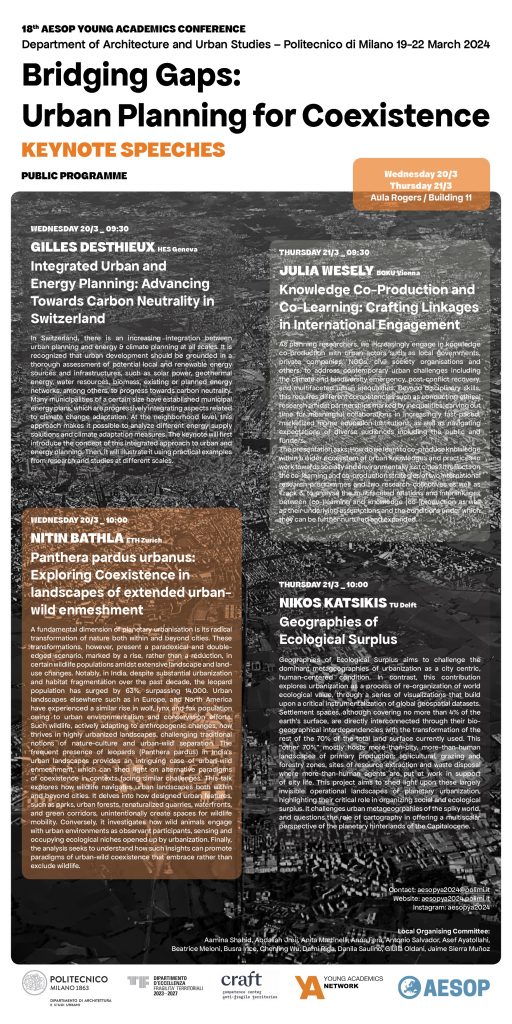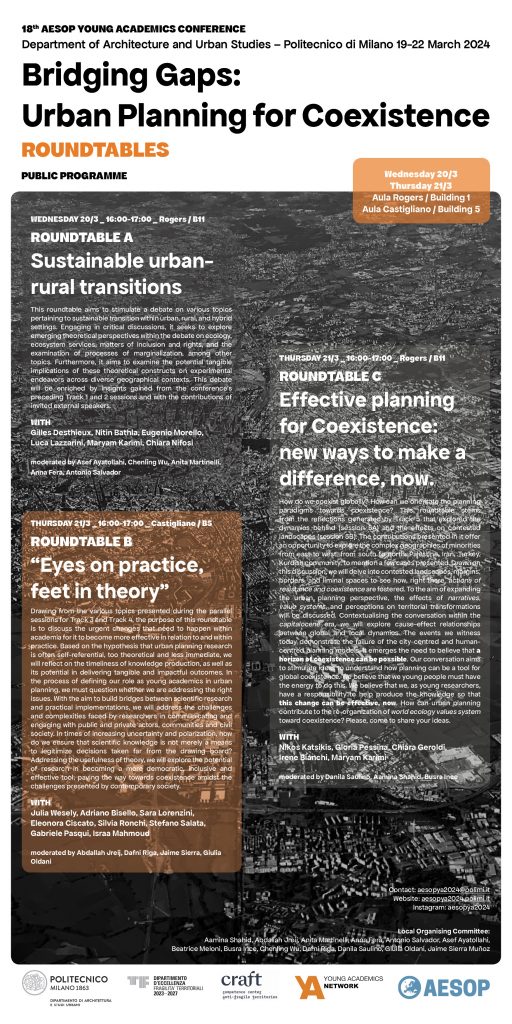Conference Theme
Bridging Gaps: Urban Planning for Coexistence
How can planning reinvent itself? ✻ Which are the tools and practices that will ensure human well-being and coexistence with the world?
Urban planning as a discipline has been continuously evolving in the past decades, aiming to become the response to diverse issues through transdisciplinarity, innovation, creativity and justice. As a result of an ever-accelerating pace of life, we constantly witness worldwide transitions and turbulences, from environmental crises to socio-economic struggles, that challenge cities, regions, and the nature of the planning discipline itself. Climate change and both natural and man-made disasters render territories fragile and force humans and species to migrate, while the growing urban population requires solutions for sustainable transformation for life in the city and beyond. In this context of increasing uncertainty, the planning discipline attempts to suggest ways forward, yet often lacks in providing tangible examples of how to bridge theory and practice.
Within this framework, the conference focuses on the predominant discontinuities that currently characterise the planning field. Those are articulated into two directions of discussion that are in dialogue with and between each other: the urban-rural divide (Track 1 and Track 2) and the academia-practice divide (Track 3 and Track 4). The conference aims to create space for these dialogues to emerge, and to ultimately bridge these gaps by reflecting on our role as researchers, on our position towards, and in relationship with, society and on the effectiveness of practice. The questions that arise are timely and crucial, contemplating on the complexities inherent in a perpetual endeavour for coexistence between humans, species and the environment (Track 5). How can planning reinvent itself? How can we reconcile a holistic perception of territories? Which theories, strategies and methods should planning adopt so as to contribute to a better future for the human and natural species? Which are the tools and practices that will ensure human well-being and coexistence with the world?
We invite Young Academics and practitioners of all relevant disciplines to this conference, and we welcome contributions that challenge the way knowledge is generated, communicated and acquired. We encourage reflections on an inter-scalar and international level that consider planning from a socio-political perspective, one that engages with communities, practitioners and policy makers. We offer five tracks to which you can contribute:
